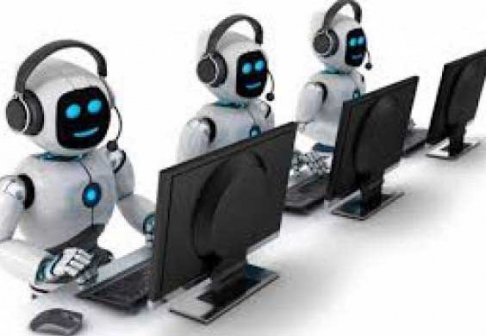×
The Standard e-Paper
Smart Minds Choose Us

NAIROBI, KENYA: Futurist and global thought leader Charles Fadel says artificial intelligence will eliminate 38 per cent of jobs in the next 15 years and there are new jobs technology will create.